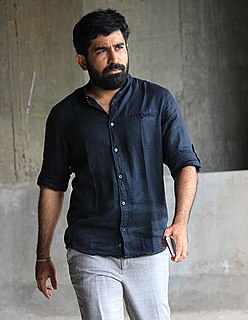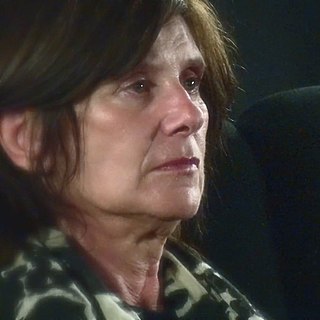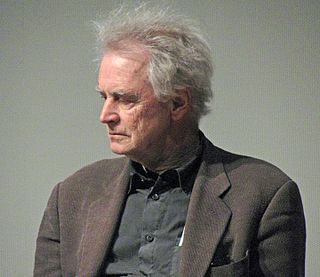A Quote by Apichatpong Weerasethakul
More than my other films, Uncle Boonmee is very much about cinema, that's also why it's personal. If you care to look, each reel of the film has a different style - acting style, lighting style, or cinematic references - but most of them reflect movies. I think that when you make a film about recollection and death, you have to consider that cinema is also dying - at least this kind of old cinema that nobody makes anymore.
Related Quotes
As the acting class was going on, I just realized I just knew more about cinema than the other people in the class. I cared about cinema and they cared about themselves. But two, was actually at a certain point I just realized that I love movies too much to simply appear in them. I wanted the movies to be my movies.
Maybe many directors are trying to create their own style of filmmaking, or to respond to audiences that come expect a certain style from them. But I don't care about that - I don't intend to have a 'Miike' style. I just pour myself into each film, enjoy it, and then what comes out just seems to have a 'Miike' style.
I hate political films that have one particular message that they're trying to convey. I think propaganda is very dangerous, and it's very easy for anything to slip into it. I also think that propaganda is something that defies the identity of cinema. I hate propaganda in cinema, even if it was promoting the political stance that I myself am allied with. I always say that the responsibility of a film is first and foremost: To be a film. It's not a manifesto, it's not an op-ed.
I think that's true of all cinema, that's why cinema is the great humanistic art form. Whatever the film is, it doesn't matter what the film is about, or even whether it's a narrative or figurative film at all, it's an invitation to step into somebody else's shoes. Even if it's the filmmaker's shoes filming a landscape, you go into somebody else's shoes and you look out of their lens, you look out of their eyes and their imagination. That's what going to the pictures is all about.
I know why I make films -cinema is a mode of expression that allows you to express all the nuances of a thing while including its opposites. These are things that can't be quantified mentally; yet they can exist and be juxtaposed. That may seem very contradictory. Cinema allows you to film these contradictions.
I earn my living by teaching film, mostly filmmaking but also teaching courses on current cinema. I'm interested in movies. I hope that's not all I'm interested in. In that sense, it's maybe a little misleading. I don't expect to make another movie about films, but I may continue to write about them.





































